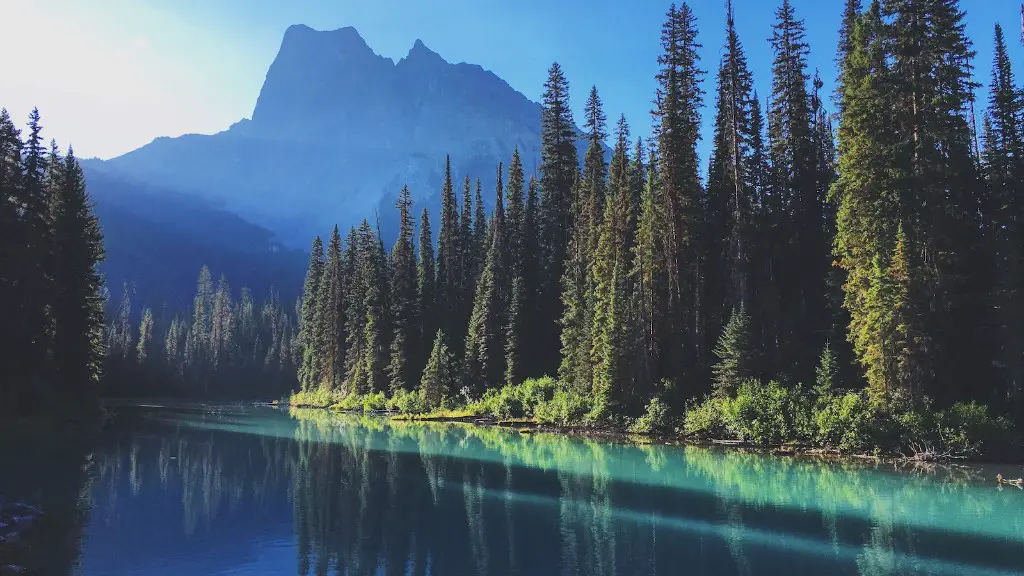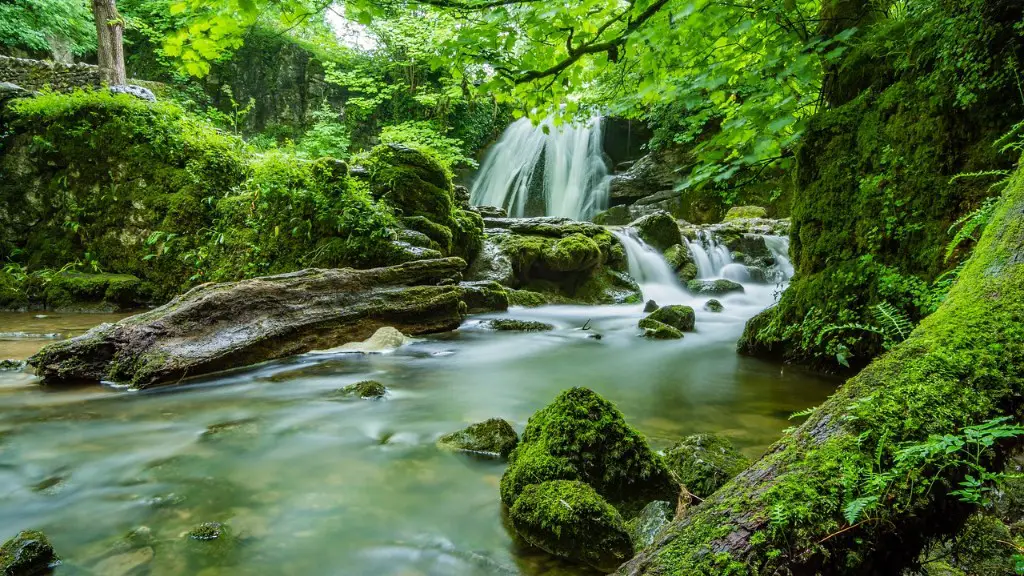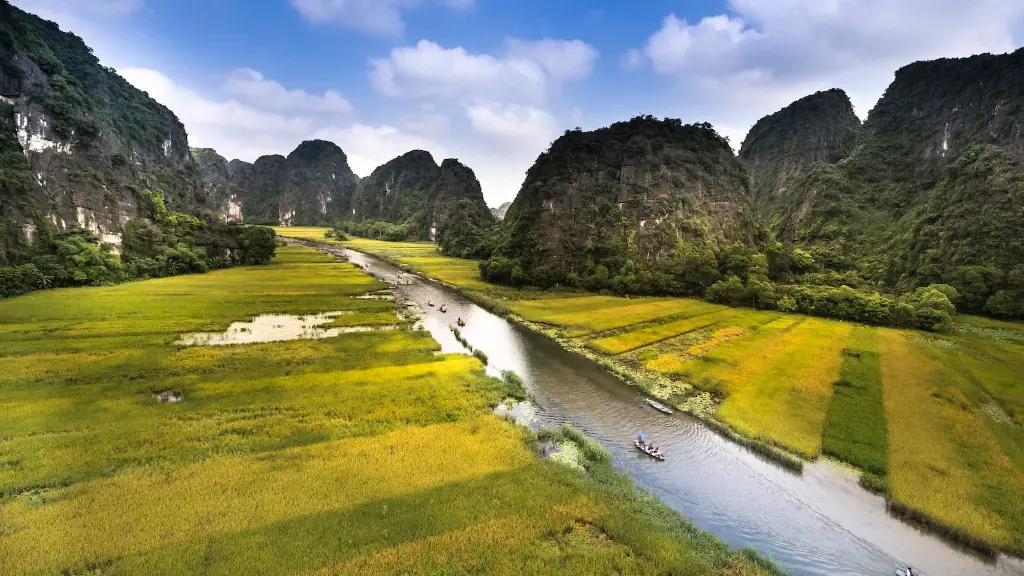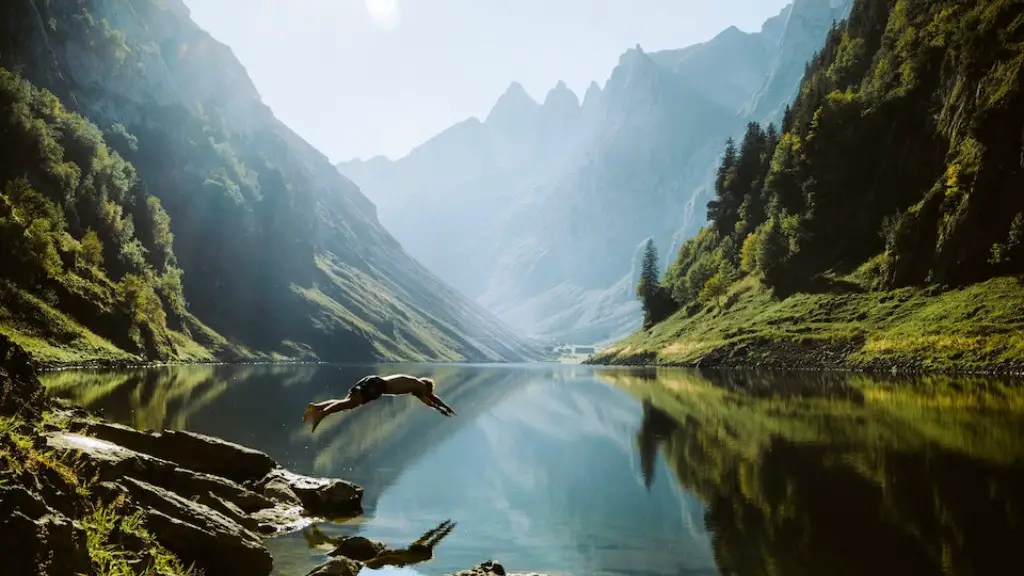Economic Benefit
The Mississippi River carries more tonnage than any other river in the US. It is a major transportation route for both commercial and recreational vessels and shipping carriers, allowing businesses to ship goods more quickly and efficiently. It has significant economic value to the entire region, and its contribution to the total US GDP is estimated at $400 billion. Its importance is due to its size and ability to be navigated for extended distances. The waterways it provides for boats and ships makes it one of the most reliable transportation routes in the nation, resulting in fewer delays and fewer cancellations. The availability of transportation via the river has opened the doors for increased trade between previous separated areas of the US and other international countries.
Environmental Impact
The Mississippi River is home to a wide variety of aquatic species, migratory birds, and other animals, which all depend on the river and its wetlands for their survival. The conservation and preservation of the Mississippi River and its associated wetlands is essential for the maintenance of balanced, healthy ecosystems. Pollution concerns, such as chemical and industrial runoff, threaten the aquatic life, while dams and other human-made barriers are a constant obstacle to the travel of migratory species.
In recent years, the US government has worked to implement regulations in order to reduce chemical runoff and conserve habitats. Additionally, conservation efforts have been put into place to restore destroyed habitats in order to protect species and water quality of the river. These initiatives will help protect the species and habitats reliant on the Mississippi River, and restore habitats that have been damaged.
Cultural Significance
The Mississippi River has deep cultural significance to the Native Americans of the area, who consider it a symbol of life and fertility. It serves as a connection between cultures for centuries, both geographically and spiritually. The river does not only connect cultures, but also economies due to its navigable waters. It is still used by Native Americans and other marginalized groups to transport goods and create an economy that is not dependent on racism and discrimination.
Political Significance
The Mississippi River has been a center of political discussion since the early development of the US. The river marks the border between certain states, as well as the boundaries of Native American tribes, and its value as a trading route has helped shape the country’s history. It has shaped the way in which people interact with each other and interact with their environment. The river has been a major factor in the building of alliances, both positive and negative, and the decisions made about it have the potential to impact generations to come.
Recreational Opportunities
The Mississippi River and its surroundings are a popular destination for recreational activity, particularly on the weekends. People take their boats and fishing poles out to enjoy the beautiful views and calm waters. There are many campsites that line the banks and plenty of trails where visitors can hike, bike, or run and enjoy the natural beauty of the river. Plus, the navigable waters of the Mississippi offer a great opportunity for rafting and other water sports.
Historical Significance
The Mississippi River is a living part of US history. Its European discovery by Hernando de Soto in 1541 and its later exploration by Louis Joliet and Jacques Marquette in 1673 helped to expand the continent’s boundaries to the west. It is also the site of many battles and skirmishes between Americans and Native Americans, and played a major role in the Civil War. Moving westward, it has been an important factor in the growth of major cities such as New Orleans, Memphis, St. Louis and Minneapolis.
Threats to its Ecosystem
Human activity, such as pollution from agricultural land, dams, and other human-made structures, affects both the landscape and the flora and fauna of the Mississippi. Aside from degradation of terrestrial and aquatic habitats, there are also threats to the river’s fish and wildlife, such as illegal fishing practices and over-fishing. It is also threatened by a rise in sedimentation, caused by changes in land use, agricultural runoff, and deforestation. As climate change continues, the river is further threatened by drought, floods, and changes in water temperature.
Modern Challenges
In modern times, the Mississippi faces continued challenges due to the rising population along its banks and their associated demands on the river’s resources. There is an increasing demand for water storage and water supply, as well as pressure on the river’s drainage areas due to construction and development. Additionally, two of the major threats to the river, agricultural runoff and industrial pollution, still remain. The need for conservation and preservation of the river is stronger than ever before.
Inventive Solutions
In order to protect the Mississippi River and its associated habitats, people are increasingly turning to creative solutions. Municipalities, NGOs, and individuals are working together to improve water quality, restore habitats, and come up with innovative strategies to reduce or eliminate pollution. Additionally, there is a growing awareness of the importance of the river and how it connects us all. There are numerous volunteer organizations that are bringing people together to get involved in conservation and advocacy efforts, making a positive impact on the natural beauty of the Mississippi River.
Political Partnerships
Political partnerships play a big role in conserving the Mississippi River and its ecosystems. At the city, state, and federal level, organizations are working together to ease the strain on the river. Legislators are drafting and passing bills to reduce pollutants and tackle existing water issues, while states are working on policies that would prevent further damage. By getting government and other organizations involved in river preservation, the Mississippi River is being secured for generations to come.
All of us have a shared responsibility towards the Mississippi River. By taking care of our environment and reducing our environmental footprints, we can ensure that the river remains healthy and that future generations can enjoy its natural beauty. Environmental education, river stewardship, and involvement in legislative and conservation movements can ensure that the Mississippi River is a resource that we can all enjoy and appreciate for years to come.



